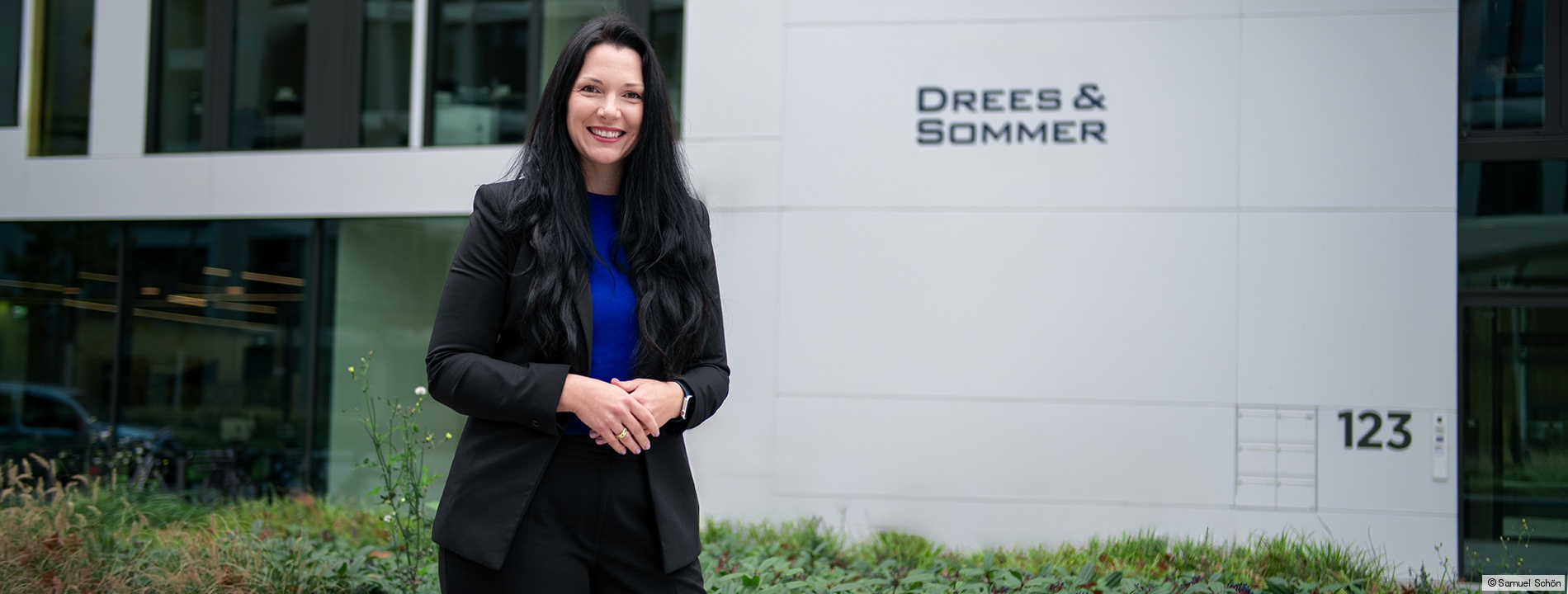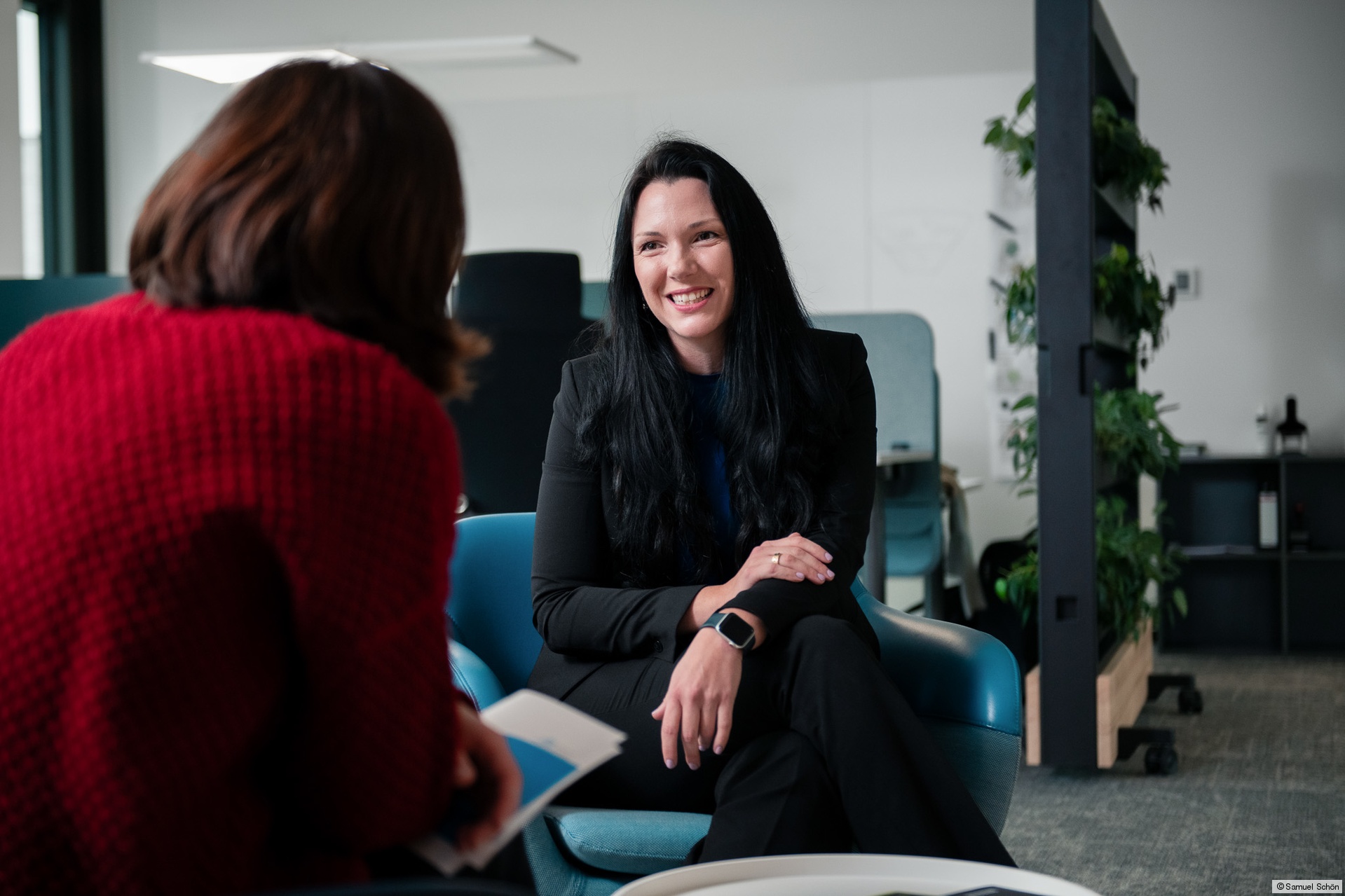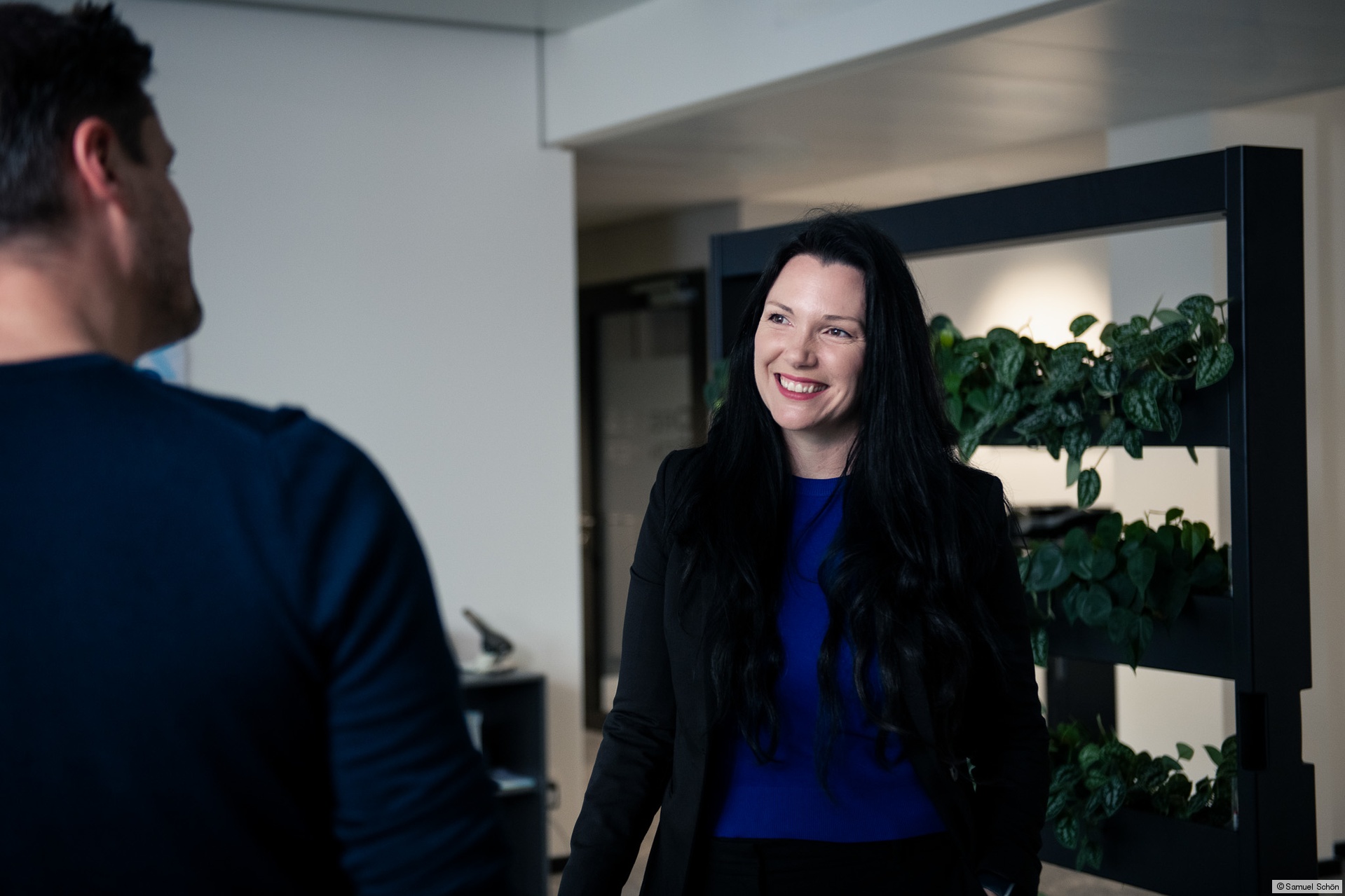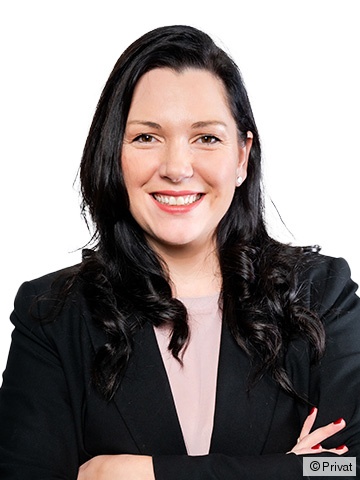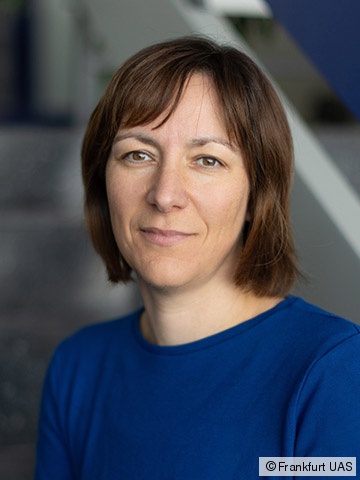Teaching & Research
- 10/2023 - 02/2024
Execution of the explorative study MICE on future meeting behaviour in the New Work context by Design Office and Drees & Sommer
- 08/2022 - 11/2022
Conducting the impact analysis Health and Wellbeing in the premises of an open office concept by Design Offices der Macherei in Munich and Leipzig. How new office concepts affect people's health and well-being.
- 10/2016 - 07/2017
Collaboration in a study on thermal comfort and the influence on productivity in the work context at the Chair of Building Systems and Building Technology with Prof. Dr Sabine Hoffmann at the Technical University of Kaiserslautern.
- 04/2014 - 07/2019
Execution of the explorative study "Der Transitraum am Hub Flughafen" and the influences on the well-being of transfer passengers using Frankfurt Airport as a case study, at the Chair of Urban Development with Prof. Dr Annette Rudolph-Cleff
- Heuer Dialog, München: Reiß L. im Vortrag: Health and Wellbeing wird die Bürowelt messbar verändern, 24.05.2023
- Drees & Sommer SE: Lena Reiß in Drees & Sommer's image film about wellbeing in the new office in Hanauer Landstrasse, Frankfurt: Wellbeing bei Drees & Sommer, 12.05.2023
- Haufe Immobilienwirtschaft: Hoberger Y.; New Work in der Immobilienbranche (quotes and interview Lena Reiß), 06.02.2023
- Design Offices New Where Festivals: Lectures with the titles „Health and Wellbeing“ and „Wie Räume auf Menschen wirken“, 12.2022 and 04.2022
- Finanzen.net: Interview with Lena Reiß: Ein starkes S in ESG, 02.12.2022
- Wirkungsanalyse, Design Office: Reiß L. und Drees & Sommer: Wirkungsanalyse Health and Wellbeing im Design Offices, 12.2022
- Sheconomy: Sheconomy ; Interview with Lena Reiß: Mentale Gesundheit stärkt die Bindung zum Unternehmen, 23.11.2022
- Podcast altii: Lena Reiß: Die ökonomische Bedeutung von Health and Wellbeing, 25.11.2022
- Podcast Siemens: Talking Creativity: Anette Sturm & Lena Reiß, 11.11.2022
- Waldner Labcafé: Reiß L. im Labcafé: Wellbeing in LABs, 26.04.2022
- Deutsches Ingenieursblatt: Reiß L.: „Effiziente Einfachheit in Gestalt und Technik“ im Dt. Ingenieursblatt – Bauplaner, Ausgabe 06/2021
- Airport Council International: Lecture on the topic „Restoring Passenger Confidence and Well- Being - Survey on medium to long-term measures at airports, summary of results“ to the Airport Council International (ACI – the voice oft he world´s airports), 02.2021
- 07/2019: Publication of the dissertation „Der Transitraum am Hub-Flughafen. Analyse und Auswirkungen der Raumqualität und des Raumcharakters des Umsteigeweges auf das Wohlbefinden der/des Umsteigepassagiers/in.“ Reiß, L. (2018)
In Conversation with Prof. Dr.-Ing. Lena Reiß
Lena, what is a cooperative professorship?
A collaborative professorship means that a business enterprise meets with academia and both support each other through synergies. It also means learning from each other and introducing topics for each other.
Why did you choose this career format?
Because science has always been close to my heart, but I didn't want to go down the purely scientific route for the time being. For my doctorate, I worked on a practical issue that was of great interest to the private sector. I looked for a university - the TU Darmstadt - which provided scientific support for the project. And then I did my doctorate part-time and partly on parental leave.
In my opinion, the link between science and practice is still too rare. People often think in two pigeonholes. Both areas should come together much more. In my practice, I am often approached by companies that are very interested in the insights of science. Science is applied when business can actually do something with the results.
How does the cooperative professorship differ from the usual HAW professorship?
It has its finger on the pulse of the times and tackles topics that are topical and of concern to people. In collaboration with the private sector, the cooperative professorship manages to find quick answers and results.
What does being a collaborative professor mean for you in concrete terms?
On paper, I work 50 per cent as a professor and 50 per cent at Drees & Sommer. In reality, however, it is intertwined. In my lectures, I discuss content with my students that I bring with me from my practical experience. I take them into our office and show them how we implement workplace topics. And of course, we want to integrate the best students into our company. On the other hand, my customers find it very interesting that I work in science. It's not uncommon for me to be asked, for example: ‘I'm interested in a research or study project. Can you bring 20 students with you and shed light on a topic that we've always wanted to explore?’ I can't think of anything better for science and practice.
What does your working day look like with two jobs? How do you organise yourself?
I have two to two and a half fixed lecture days. And three days are firmly blocked for Drees & Sommer. That works well. However, as already mentioned, the two sides are closely intertwined. That's why I sometimes have a customer phone call between two lectures or a lecture shortly before a customer appointment. But the students find that really exciting. They often ask me: ‘Who's calling? What kind of project is this?’
How well can you combine both jobs?
At university, I'm free to decide what I do and how I get to my goal. It's similar at Drees & Sommer. It allows me to work 100 per cent with three children. If I say at 3 pm: ‘Now I have to go to the kids’, then that's ok for both employers. And in the evening, I can spend two hours on the couch preparing a lecture or finalising an offer. That's my flexibility. The prerequisite for this is trust on the part of the employer. It doesn't work without that.
How much time do you have for teaching, research and self-administration at the university?
I definitely focus on teaching and research. Because of my work at Drees & Sommer, there is so much overlap that the two come together. I don't have to do a lot of acquisition work and apply for grants and third-party funding. Commissioned studies also often play a role in my work practice. There is a great deal of interest in new results and ultimately you just have to keep your ears open everywhere. There are often topics in science that are exciting for practice, and vice versa.
If you could wish for something for the cooperative professorship as a career format, what would it be?
I would like the positions to be permanent. As a trial, one to one and a half years would be enough to decide how and whether you want to do it. It would also be good if the private sector would move a little more in terms of freedom, flexibility and compatibility. Science already does this well. But I can imagine that this understanding is not yet present in many companies. In fact, there is great demand for the collaborative professorship. When I talk about it at events or in the office, I encounter a lot of interest in bringing science and practice together. And in exactly the same way as we do here.
Thank you for the interview!
Practice Partner
„Collaboration with universities and the promotion of collaborative professorships offer us many opportunities. This allows us to expand our knowledge, drive forward innovative solutions in practice and increase our visibility. At the same time, we invest in the further development of our employees and contribute to interdisciplinary research and its practical relevance. Science and the private sector go hand in hand and are always up to date with innovation topics and actual challenges on the market."
Drees + Sommer

